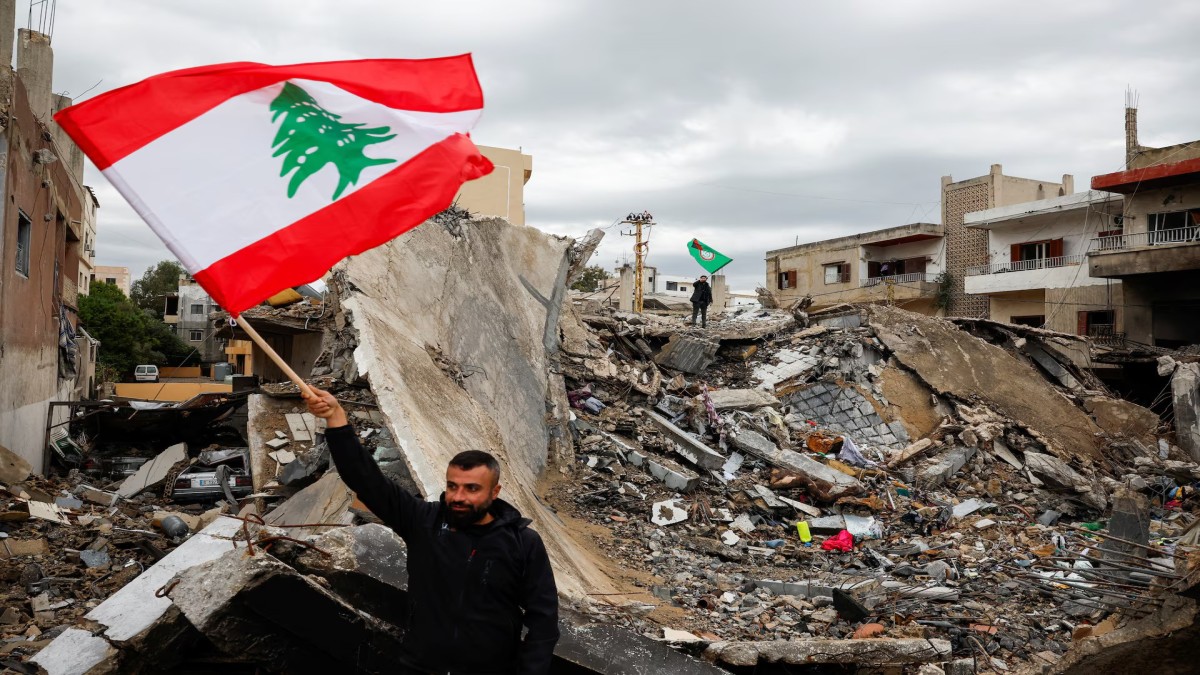The ceasefire between Israel and Hezbollah, brokered amidst escalating violence, is less a truce of mutual agreement than a grudging pause by two battle-worn adversaries. Both sides are claiming victory, yet their divergent motivations and precarious positions reveal a fragile peace whose endurance is far from assured.
A Buffer Zone Restored
For Israel, the ceasefire marks a critical achievement: Hezbollah’s retreat across the Litani River, re-establishing a buffer zone north of the border. This echoes the conditions of the 2006 ceasefire but with one crucial distinction: Israel’s advantage this time lies in its superior technological and human intelligence capabilities.
Precision strikes have targeted Hezbollah’s command structure, reportedly eliminating key operatives and severely impairing its leadership. The war in 2006, characterised by rocket barrages and ambiguous outcomes, has given way to a more asymmetrical conflict where Israel’s capabilities have left Hezbollah on the back foot.
Yet Israel’s calculus is not purely tactical. A weary populace, burdened by the constant threat of war, has pushed for some semblance of normalcy. Closing this front allows the Israeli government to focus on the volatile situation in Gaza and buy some time.
Hezbollah’s Costly Overreach
For Hezbollah, the ceasefire was less a choice than a necessity. The group, which once prided itself on its resilience, found itself facing an untenable scenario. Its gamble to escalate tensions alongside the Hamas-Israel conflict overplayed its hand. Israel’s response, far more devastating than in past confrontations, inflicted heavy losses on Hezbollah’s rank and file. Moreover, the spectre of direct US involvement post-Trump 2.0 is a risk that Hezbollah simply can’t afford. The Iranian support has been hamstrung with supply lines choked in Syria and by the sea.
The Lebanese people are frustrated with Hezbollah, often perceived as dragging Lebanon into unwinnable conflicts, further undermining the group’s position.
Uncertain Roads Ahead
Despite the cessation, the future remains fraught with peril. Israel is unlikely to tolerate Hezbollah’s inevitable rearmament, as evidenced by the sporadic strikes on arms convoys and weapons depots that continued even during negotiations. Preemptive attacks by Israel could yet derail the fragile peace.
Impact Shorts
More ShortsMeanwhile, the dynamics in Gaza and the return of Donald Trump to the White House with a likely harder stance on groups like Hamas and Hezbollah increase the risks for those who challenge Israel’s security. Hamas, in particular, will have to think if it can afford holding US hostages, which was not a problem for Democrats but will be a red rag for Trump. Hamas may call for a truce too.
Israel will keep peace only on its own terms. That makes this a fleeting peace in a region sadly embedded by war.
The writer is a senior journalist with expertise in defence. Views expressed in the above piece are personal and solely those of the author. They do not necessarily reflect Firstpost’s views.


)

)
)
)
)
)
)
)
)



